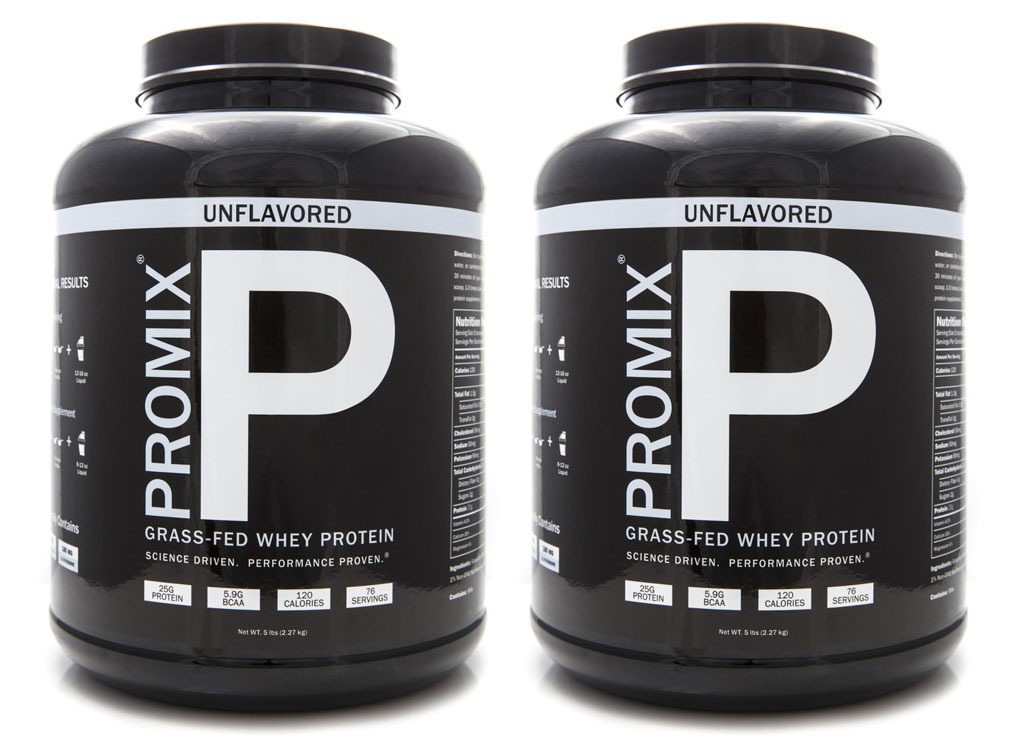


It does require a good old shake to incorporate all the powder (think of it as an extra arm workout), but once it’s mixed, it’s nice and smooth – and we had no problems at all when we used the blender. With all those ingredients, you might expect a rather (ahem) unusual taste, but we found it had a tasty milk chocolate flavour that was lovely to drink. It’s also high in fibre and a source of omega 3 fats. As a result, the blend is high in 16 essential vitamins and minerals, such as iron, vitamin B12, vitamin D and calcium. This protein powder really packs a nutritional punch, incorporating a fruit and vegetable powder including kale, broccoli, carrot, spinach, apple, blueberry and even UV treated mushrooms. Grams of protein per serving: 22g protein per 36g serving Calories per serving: 145 kcals Type of protein: pea protein, flaxseed powder, hemp protein, quinoa powder Type of sweetener: steviol glycosidesīest vegan protein powder for added nutritional extras It's also gluten-free.Īvailable from: Motion Nutrition (£23.99) Planet Organic (£23.99) Amazon (£21.95) We didn’t test it out, but the packaging suggests adding to pancake batter – and it would likely be a welcome addition to a bowl of porridge, too.Ī 300g box contains 12 x 25g single-serve sachets and costs £23.99, coming out at £1.99 per shake. As a side note – the packaging doesn’t specify how much liquid to use per 25g serving, so we experimented and found 250ml liquid was the right amount to produce a nice smooth shake. When it was mixed just with water it was thinner, and as it’s unsweetened, it has a very natural and earthy taste, but was still palatable.

This powder had a lovely roasted peanut flavour, and paired beautifully with almond milk and banana, which added a touch of sweetness and creaminess. As a bonus, peanuts and pumpkin seeds are a good source of typtophan – an amino acid that helps our brain produce melatonin, a hormone that’s linked to sleep. It’s a blend of four different organic protein sources – fat-reduced peanut flour, yellow pea protein, raw pumpkin seed protein and hemp seed protein – with no sugars, sweeteners, additives or flavourings. The ingredients list on this powder is reassuringly short and recognisable. Grams of protein per serving: 17g per 25g serving Calories per serving: 97 kcals Type of protein: peanut flour, yellow pea protein, raw pumpkin seed protein, hemp seed protein Type of sweetener: none Motion Nutrition peanut butter protein shake

A big thumbs up.Īvailable from: The Protein Works (£26.99) Amazon (£37.99) The tub that it comes in is rather nice too.
#Scientist reviewed protein powder brands plus
The final plus point is the value for money – each shake costs around £1. The powder mixes really well, even in a shaker, and isn't chalky or grainy. There's an ever so slightly floury aftertaste – a very common pitfall of vegan protein powders – but it didn't spoil the experience. It has a very chocolatey flavour that was sweet enough to taste like a dessert without being sickly. Packing a pleasing 21g protein per 25g serving, it’s also impressively low in calories.ĭid it live up to the hype in the taste test? By and large, yes it did. Marketed as a game-changing vegan protein shake to rival whey protein powders, we had high expectations for this product from The Protein Works. Grams of protein per serving: 21g per 25g serving Calories per serving: 89 kcals Type of protein: pea protein isolate, soy protein isolate, hemp protein, brown rice protein Type of sweetener: sucralose The Protein Works vegan double chocolate Wondershake


 0 kommentar(er)
0 kommentar(er)
